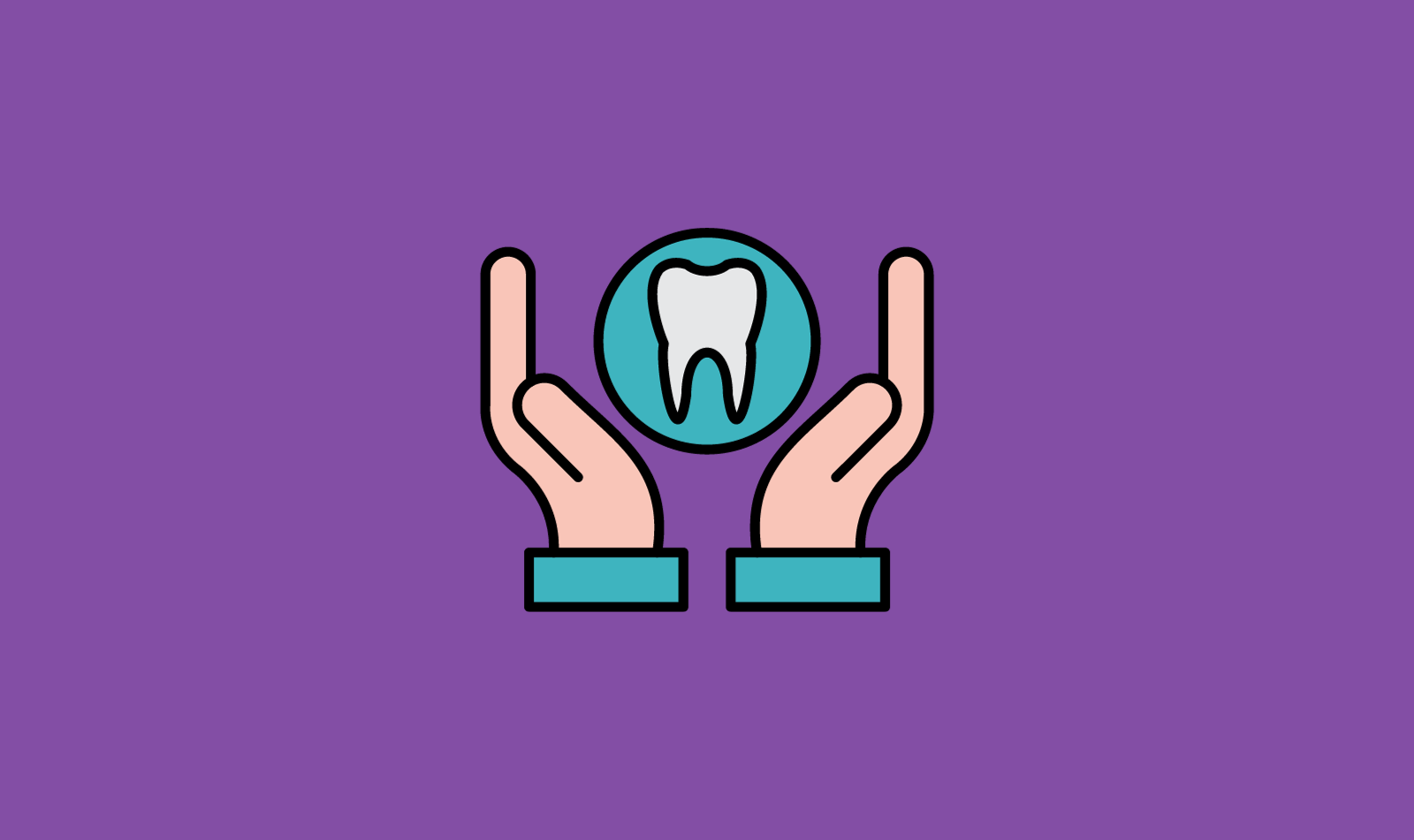Did you know that your oral health plays a significant role in your overall well-being? The health of your mouth is interconnected with your body in ways you may not realize. Maintaining good oral hygiene and seeking regular dental care goes beyond having a bright smile; it can positively impact your general health as well. In this article, we'll explore the fascinating link between oral health and overall well-being and the importance of taking care of your oral health for a healthier you.
1. Oral Health and Systemic Health Conditions:
Research has shown a strong association between oral health and various systemic health conditions. Poor oral health, particularly gum disease (periodontal disease), has been linked to an increased risk of several health issues, including:
- Cardiovascular Disease: Studies suggest that the bacteria and inflammation associated with gum disease can contribute to the development of heart disease, clogged arteries, and an increased risk of heart attacks and strokes.
- Diabetes: Individuals with diabetes are more prone to gum disease, and gum disease can make it more challenging to control blood sugar levels. This bidirectional relationship emphasizes the importance of managing oral health for diabetic individuals.
- Respiratory Infections: Poor oral health, such as periodontal disease, can increase the risk of respiratory infections, including pneumonia. Bacteria from the mouth can be inhaled into the lungs, leading to infections, especially in vulnerable individuals.
- Pregnancy Complications: Pregnant women with gum disease may have a higher risk of premature birth, low birth weight, and other pregnancy complications. Maintaining good oral health is crucial for expectant mothers to support their own well-being and that of their unborn child.
2. Inflammation and Immune System:
Oral health conditions, particularly gum disease, contribute to chronic inflammation in the body. Inflammation is a key factor in the development of various systemic health conditions, including autoimmune disorders, rheumatoid arthritis, and certain cancers. By managing oral health and reducing inflammation in the mouth, individuals can potentially lower their overall inflammatory burden and promote better systemic health.
3. Oral Health and Respiratory Health:
The health of your mouth can also impact your respiratory health. Bacteria and pathogens present in the oral cavity can be inhaled into the lungs, potentially leading to respiratory infections and exacerbating existing respiratory conditions such as asthma. Maintaining good oral hygiene, including regular brushing, flossing, and dental check-ups, can help minimize the risk of respiratory complications.
4. Psychological and Social Well-being:
Oral health not only affects physical health but also plays a vital role in psychological and social well-being. Dental issues, such as missing teeth or oral pain, can significantly impact an individual's self-esteem, confidence, and overall quality of life. A healthy smile is linked to improved self-image, better social interactions, and enhanced mental well-being.
5. Maintaining Optimal Oral Health:
To maintain optimal oral health and promote overall well-being, consider the following:
- Practice Good Oral Hygiene: Brush your teeth at least twice a day with fluoride toothpaste, floss daily, and rinse with an antimicrobial mouthwash. This helps remove plaque, prevent cavities, and reduce the risk of gum disease.
- Visit Your Dentist Regularly: Schedule regular dental check-ups and professional cleanings to detect and address any oral health issues promptly. Your dentist can provide personalized advice based on your oral health needs.
- Adopt a Healthy Lifestyle: Maintain a balanced diet, limit sugary and acidic foods and beverages, quit smoking, and manage stress. These lifestyle choices contribute to better oral health and overall well-being.
- Recognize the Warning Signs: Be aware of signs of oral health problems, such as bleeding gums, persistent bad breath, tooth sensitivity, or oral pain. Promptly seek dental care if you experience any concerning symptoms.
Conclusion:
Your oral health is intricately connected to your overall well-being. Taking care of your mouth through regular oral hygiene practices and dental check-ups is not just about having a beautiful smile; it's about safeguarding your general health. By maintaining optimal oral health, you can reduce the risk of systemic health conditions, promote a healthy immune system, and improve your overall quality of life. Remember, a healthy smile is a reflection of a healthier you.
Note: This article provides general information and should not replace professional dental or medical advice. If you have specific concerns about your oral health or any health conditions, consult with your dentist or healthcare provider for personalized guidance.

